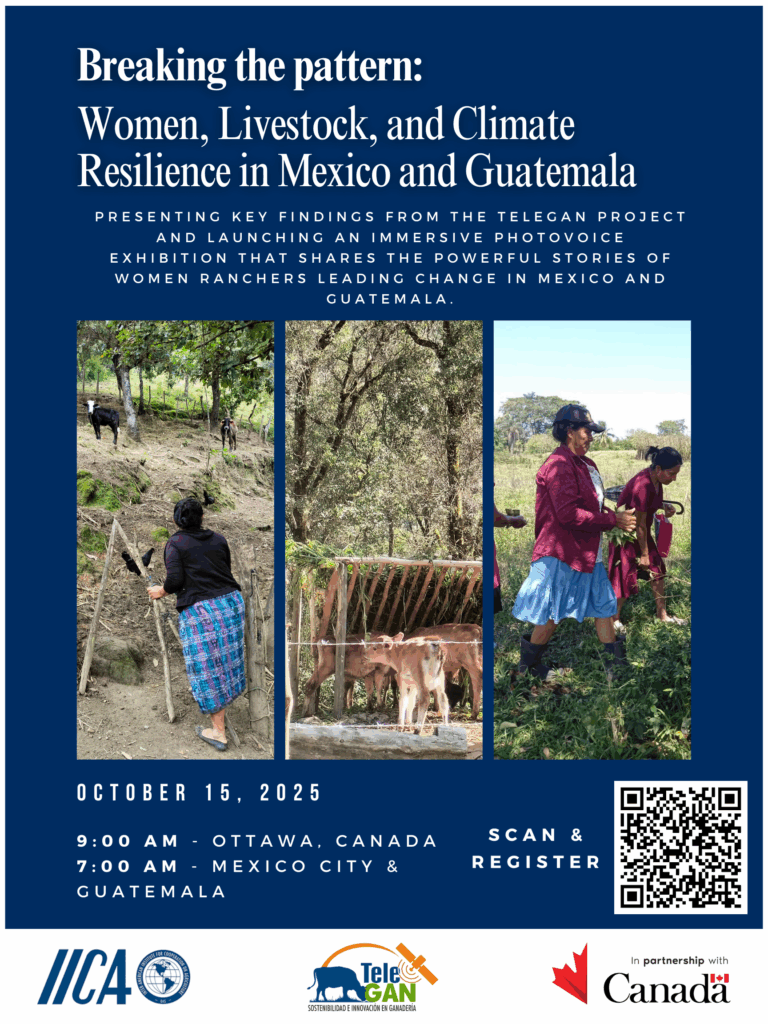
Background
Good agricultural practices (GAP) with an integrative approach are a key tool in the management of sanitary, phytosanitary and environmental risks in agriculture. One example of a good agricultural practice is the adequate disposal of pesticide residues in order to reduce the risk of environmental pollution, protect the health of workers, and contribute to food safety.
To meet this requirement, producers and governments must overcome great challenges. Specifically, they must be aware of technology available: in the case of producers, in order to adequately manage residues of pesticides utilized on their crops, and, in the case of governments, to verify the implementation of these technologies and assure the population that risks in agricultural production are being managed adequately.
Within this context, biobeds are a valuable technological innovation of great use to agricultural producers. Although this Swedish technology was developed in the 1990s, its use and benefits remain unfamiliar to many producers across the Americas. Biobeds have been broadly studied and improved since their creation, particularly by researchers from different parts of the world who have driven research and validation through the Ibero-American Biobeds Network, in order to broaden the use of this technology in agriculture.
In view of the foregoing, and as part of its efforts to increase agriculture’s resilience through comprehensive risk management, the Inter-American Institute for Cooperation on Agriculture (IICA) has organized this technical forum together with the Brazilian Agricultural Research Corporation (EMBRAPA), the Ibero-American Biobeds Network, and the University of Costa Rica (UCR). Its purpose is to promote the adequate disposal of pesticide residues and, in this way, reduce the risk of environmental pollution as well as improve health protection.
Collaborating partners:
- one
- two
- three
General objective
To contribute to increasing agriculture’s resilience through the use of technologies that reduce the risk of environmental pollution and protect food safety.











